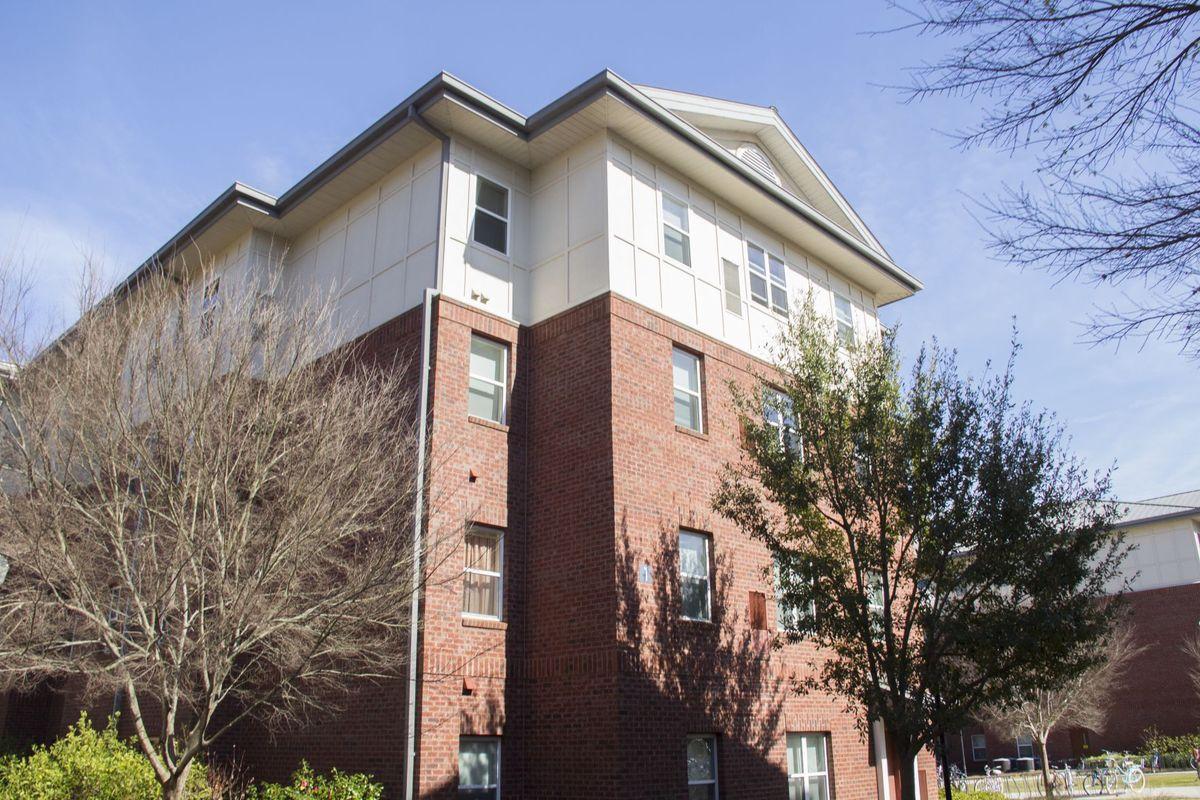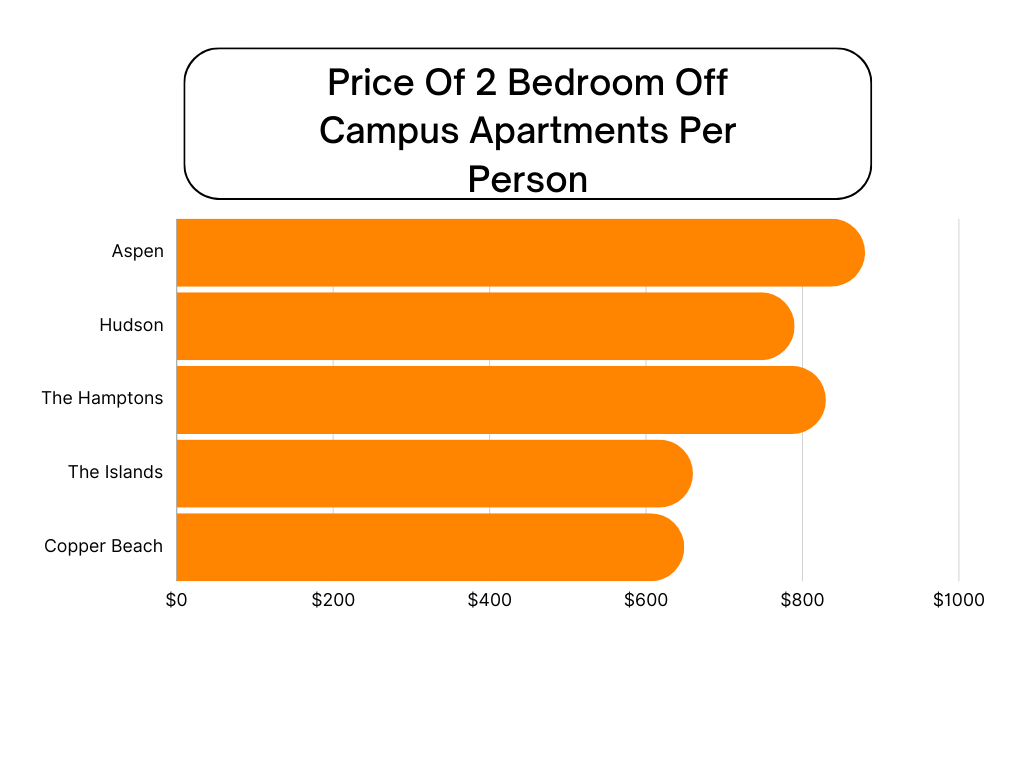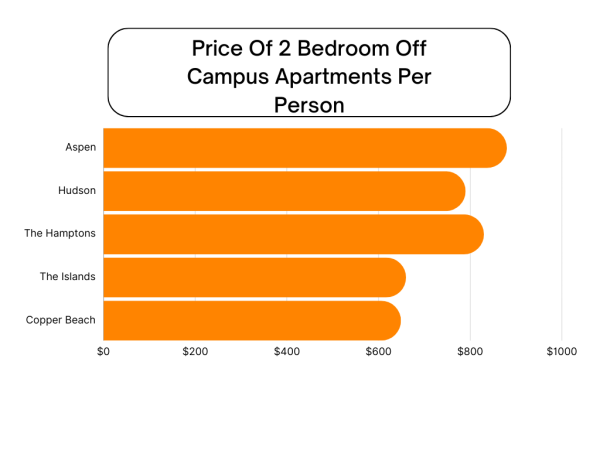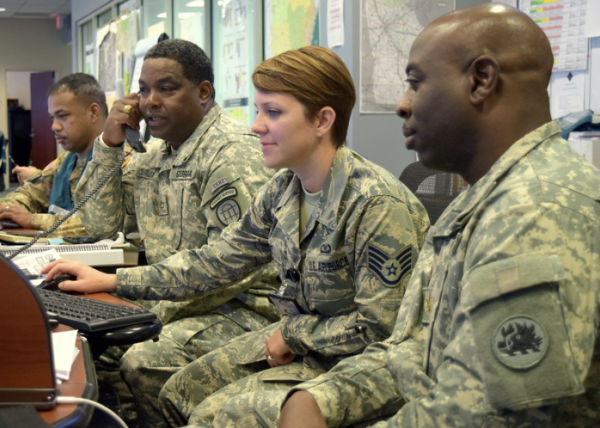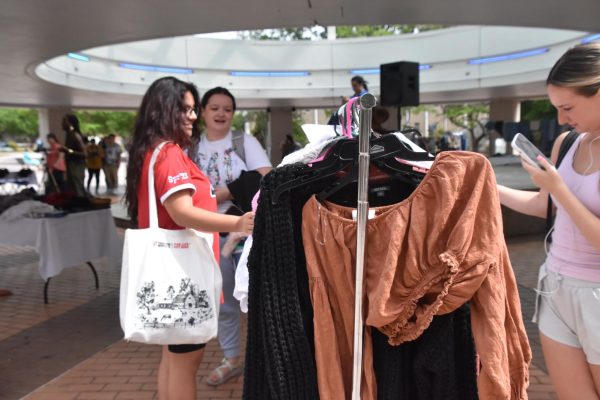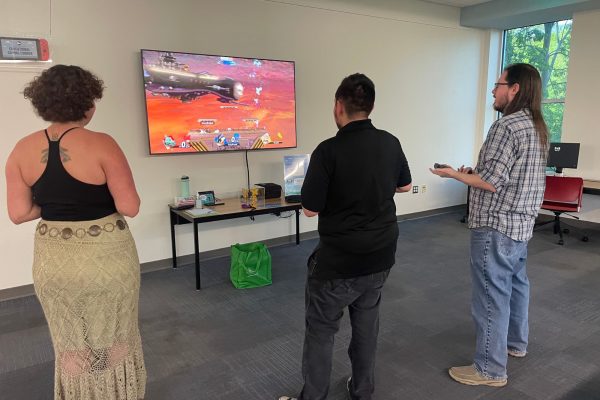A breakdown of the GS joint responsibility policy
October 11, 2017
There stands a policy at Georgia Southern University that impacts students who live in on-campus housing known as joint responsibility.
What is Joint Responsibility?
The GS student code of conduct defines the joint responsibility policy as:
- Students who knowingly act or plan to act in concert to violate University regulations have individual and joint responsibility for their behavior.
- Any student who knowingly allows another person to violate University regulations without reporting to a University Official.
The policy is enforced in all eight of GS on-campus housing options making residents collectively responsible for any illegal activity in shared living spaces and reporting any illegal activity.
Jerald Morgan, senior sports management major, said that during the entirety of his college career at GS he was unaware that the policy was enforced.
“I didn’t know it was an actual rule,” Morgan said. “I thought it was commonsense between students.”
There are 32 student conduct code violations that are described in the GS student code of conduct. Incident reports of those violations within on-campus housing can come from housing staff, University Police, staff, students and community members.
“If there is enough information to determine that someone should be charge with joint responsibility or any other regulation at the time of review, the student will be charged, notified, and the conduct process will begin,” said Zwisel Gandía Torres, associate dean and director for student conduct.
What if I wasn’t involved with the violation?
Tione Jones, senior marketing major, said he feels the policy, while necessary, could be a bit unfair.
“If I’m in my room, doing my own thing, they’re [roommates] all adults and they know what they should and should not be doing,” Jones said. “Why should it come back to me?”
Gandia Torres clarified that just because a student is charged/accused with a violation does not mean they are automatically responsible.
“The conduct process allows for information to be reviewed further and allow students the opportunity to participate before any decision is made,” she said.
During the conduct process, students charged with any violation has the right to admit or deny allegations, and to set forth a defense with facts, witness and documents, according to the student code of conduct.
What if I was unaware of the joint responsibility policy?
Students are expected to be aware of the regulations and what is expected of them through the course of their time as a GS student, Gandía Torres said.
“Not knowing what the policies are does not excuse any alleged behavior,” she said.
If you are a student who would like to share your experience with joint responsibility please contact ganewsed@georgiasouthern.edu.

